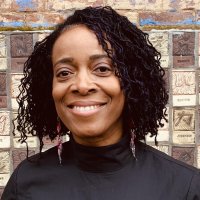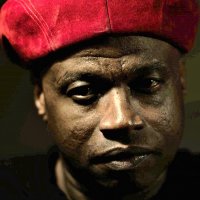Ted Mathys

“I recommend grazing.
Jump to navigation Skip to content
In this online exclusive we ask authors to share books, art, music, writing prompts, films—anything and everything—that has inspired them in their writing. We see this as a place for writers to turn to for ideas that will help feed their creative process.

“I recommend grazing.

“Plot does not come naturally to me. Instead of staring at a blank page hoping for inspiration, I take a long walk and dictate to myself using my phone’s recording app. I pose a single question like: In this scene, how does character A anger character B? Then I talk to myself.

“The world is often too much with us in all its tumultuous glories and calamities. Its whirling, tumbling, and churning can lay waste to our cognitive energies. The only way for me to still and organize the inner chaos is through my journal, which I’ve maintained since my early teens.

“The transition to new work after I complete a story or book is the tricky place for me, the liminal space in which I am no longer inside what I just finished, but am not yet inside whatever is on the horizon.

“Poetry is my way of paying attention. Attention as a form of relational and intellectual rigor, attention as a political action. I’m practicing to trust my body’s signals. When the stuckness comes, I try to turn that attention back inward: What does the block feel like, and why is it there?

“The rituals of being read to, cooking, and showing up for my writing group are go-to cures for writer’s block—which I view as a form of avoidance. Within ritual lies variation and range.

“When I get stuck, I presume that my body is telling me to take a break. When I push myself, I end up hating everything to do with reading or writing. This is permission to put everything away and have fun; isn’t it? To replenish the mind, I hit the nightclubs and dance myself dizzy.

“At times, I do believe the idea of writer’s block to be a mythological nuisance, because for me a good book will unblock any block I have if it is able to inspire thought and dialogue between myself and the author, or the larger world.

“When I’m writing but can’t quite put my finger on what I’m after, I often turn to a visual artist whose commitments and practices resonate with my own art—a kind of guiding light, someone whose work is different in clear ways from mine but who nevertheless asks similar questions.

“My advice to anyone suffering from writer’s block is, ‘don’t write.’ It may sound perverse, but that’s how I manage to survive those dry spells that afflict us all; it’s often difficult enough to make it through the day’s news cycle without the added ordeal of hammering away at your laptop only